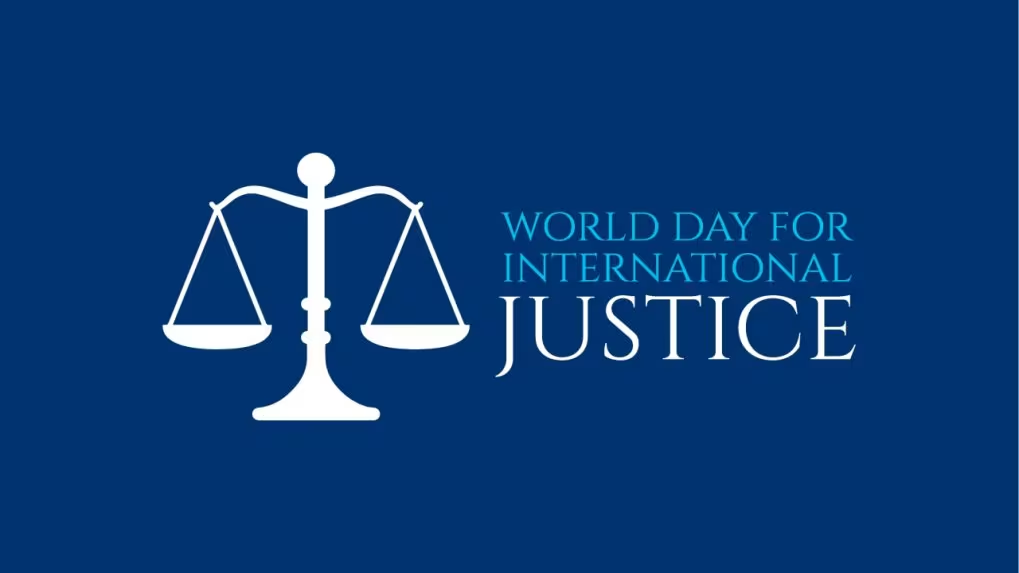Editorial
On July 17th, the International Criminal Justice Day stands as a momentous occasion, uniting individuals worldwide in their commitment to justice, advocacy for victims’ rights, and prevention of crimes that threaten global peace, security, and well-being. This significant date marks the adoption of the Rome Statute by the States Parties on July 17, 1998, establishing the International Criminal Court. The court’s mission is to protect civilian populations from acts of genocide, crimes against humanity, war crimes, and the crime of aggression.
The creation of the Rome Statute in 1998 was a monumental event, symbolizing a significant leap forward in humanity’s quest for a more just world. The Rome Statute came into force in 2002, following ratification by 60 States. Beyond establishing the court and defining grave offenses, the statute also provides for victim representation in the courtroom, ensures fair trials, and upholds the rights of the defense. Its primary goal is to promote global cooperation in protecting all individuals from the offenses listed in the Rome Statute, inspiring a new era of global justice.
Pl subscribe to the YouTube channel of republicpolicy.com
Today, the Rome Statute serves as the ICC’s primary legal framework, supplemented by additional legal texts such as the Elements of Crimes and Rules of Procedure and Evidence.
In observance of the International Criminal Justice Day 2020, the ICC Registrar emphasizes the theme of “RESILIENCE” for the event. The day aims to garner insights on what it truly means, both personally and professionally, to pursue justice and be an integral part of the pursuit of justice. The court is actively engaged in a global endeavor to eradicate impunity, seeking to hold perpetrators accountable for their actions and prevent the recurrence of such atrocities. However, the court acknowledges that achieving these objectives cannot be realized in isolation and underscores its role as a court of last resort, striving to complement rather than replace national judicial systems.
The ICC, governed by the Rome Statute, stands as the world’s first permanent international criminal court, dedicated to contributing to the establishment of lasting peace and stability. By addressing the long-term socio-political and economic consequences in post-conflict societies, international justice can play a crucial role in fostering enduring peace and equitable development, serving as essential elements in constructing a future devoid of violence. Thus, the ICC’s commitment to promoting global peace is a reassuring beacon in this collective pursuit.
Therefore, Pakistan should also implement the spirit of the day and develop the standards of the criminal justice system to provide speedy justice to the state and society.
















